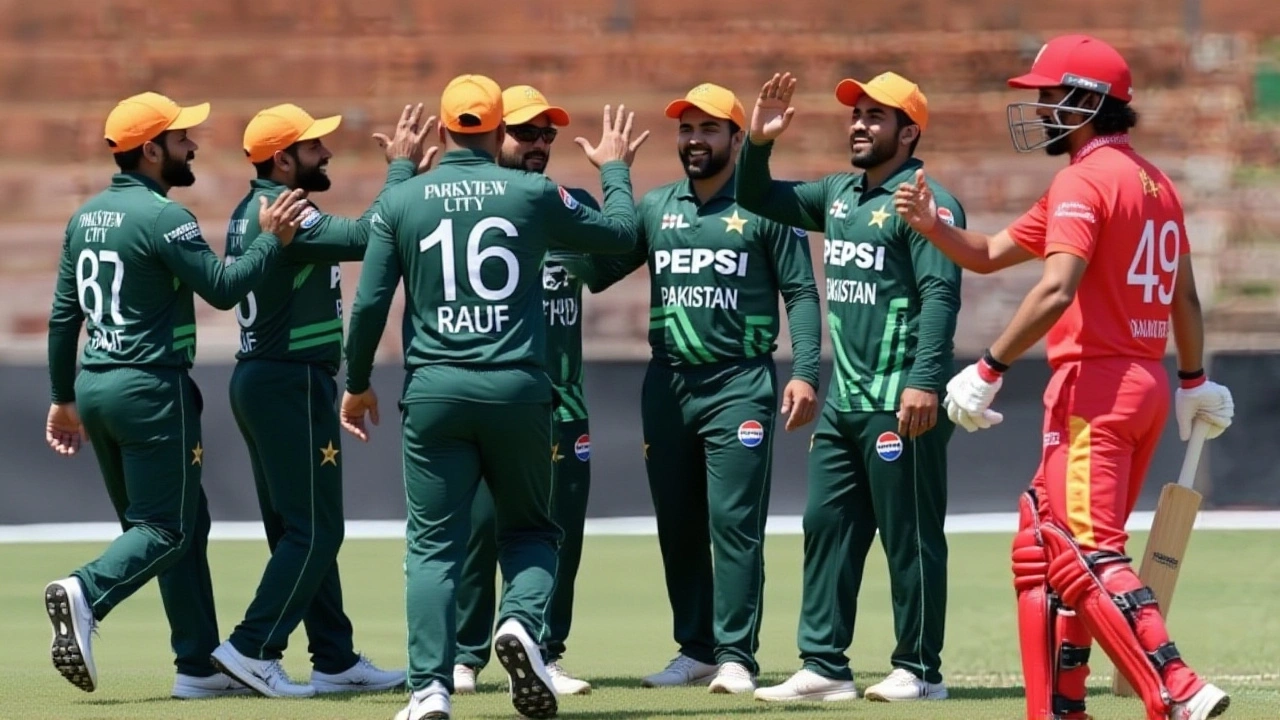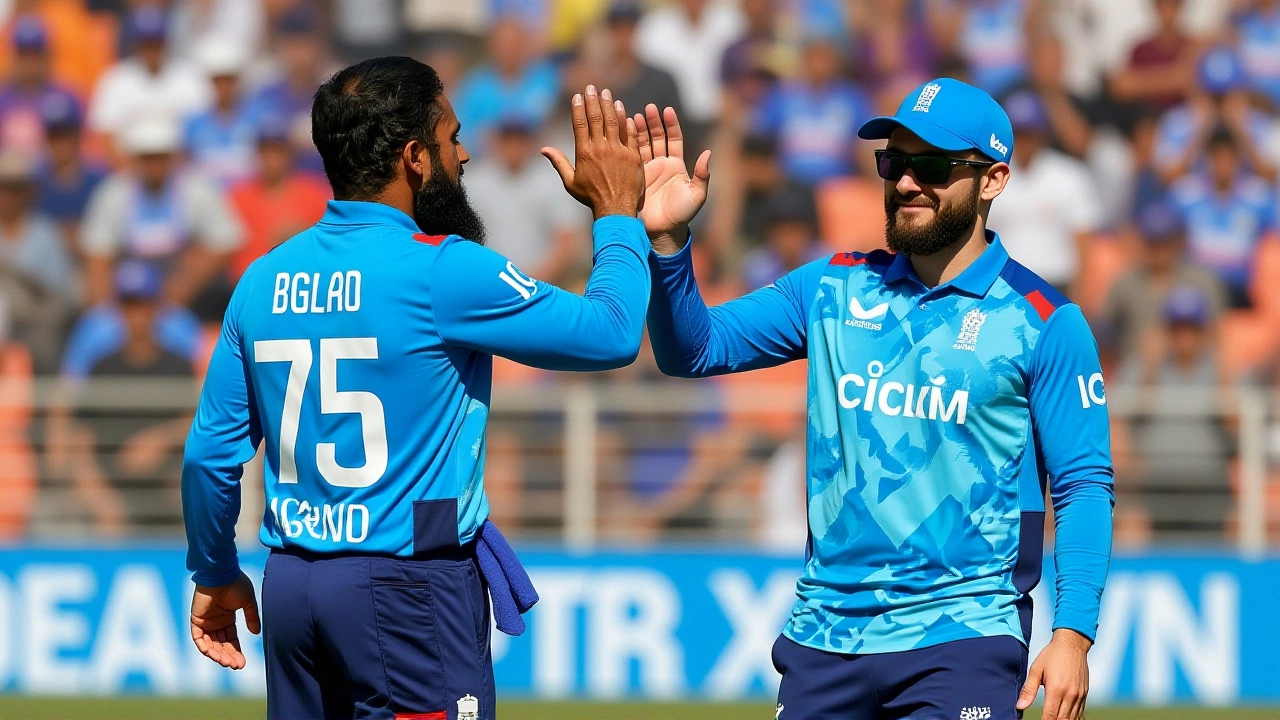Sports: Real Matches, Real Moments from Cricket to Global Games
When we talk about Sports, physical contests governed by rules, where skill, strategy, and spirit come together under pressure. Also known as athletic competition, it’s not just about who wins—it’s about the moments that stick with you long after the final whistle. Think of a single over that flips a match, a last-second goal, or a bowler stepping up when the team needs it most. That’s sports. Not the highlights reel. Not the hype. The real stuff.
Take cricket, a bat-and-ball game with deep roots in Commonwealth nations, known for its tactical depth and emotional highs. It’s not just about sixes and fours. It’s about discipline under pressure. In the match you’ll find below, Adil Rashid, an English leg-spinner known for his deceptive flight and control in T20 cricket, took four wickets in just 32 runs. That’s not luck. That’s precision. He didn’t just bowl well—he changed the momentum of the whole series. And it wasn’t just about him. It was about England cricket, the national team whose performance in T20s now directly impacts their standing in global cricket and even Ashes momentum. That’s the ripple effect. One spell. One game. One series lead.
Sports don’t happen in a vacuum. They happen at places like Hagley Oval, a cricket ground in Christchurch, New Zealand, known for its fast pitch and passionate crowds. The surface, the weather, the crowd noise—they all become part of the game. And then there’s the T20 series, a fast-paced format that turns cricket into a high-stakes sprint, where every ball matters and matches can be decided in the final over. This isn’t the five-day grind of Test cricket. This is pure adrenaline. One mistake. One brilliant delivery. One moment that turns fans into believers.
You won’t find fluff here. No recycled headlines. No empty stats. Just real games, real players, and real outcomes. What you’ll see below is a snapshot of how a single performance can shift everything—confidence, rankings, even national pride. These aren’t just matches. They’re turning points. And if you’ve ever sat on the edge of your seat wondering if the next ball will change the game, you already know why this matters.


